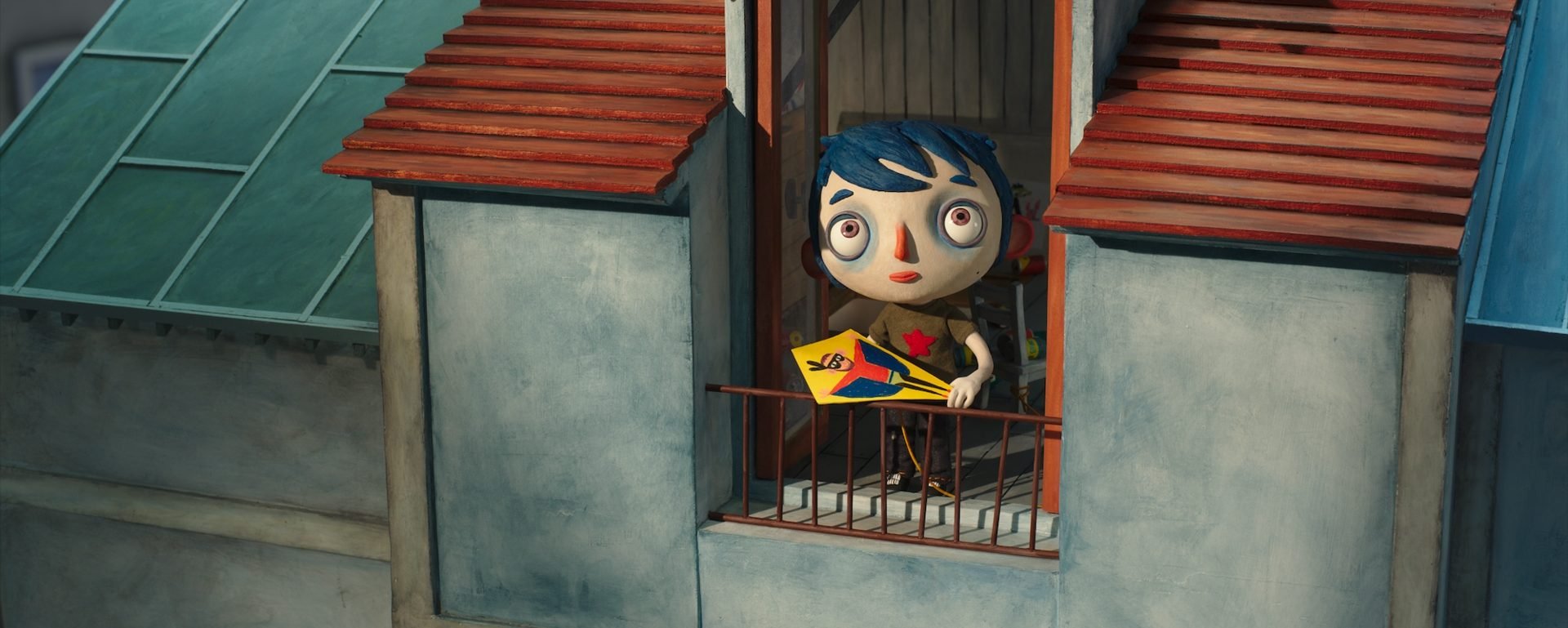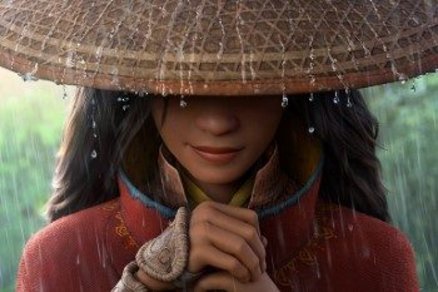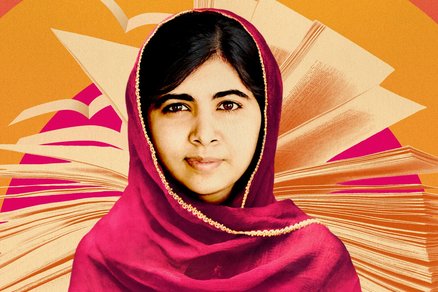Film Information
Genre(s):
Children, Animation, Drama, Comedy
Director(s):
Claude Barras
Year:
Are you planning on watching My Life As A Courgette with your kids? Here's the age rating, information about what's in the film, and some ideas for topics to talk about once the credits roll.
My Life As A Courgette (2016) is an animated drama about a boy who goes to live in a children’s home after his alcoholic and abusive mother dies. He (wrongly) blames himself for his mother’s death as she had an accident when drunk. At the care home he meets other children who have also experienced abuse, some whose parents are dead or have left them, and sees how they all have different ways of coping. He’s initially bullied, but also makes a strong friendship with one of the other children. A kindly police officer comes to visit him and they also start a tentative friendship. Courgette must deal with trusting adults to care for him, and working out how to feel secure when it seems like others are abandoning him
Sex
There are comic conversations between child characters regarding their limited and inaccurate understanding of what goes on between adults. These include brief and comic references to adults ‘wriggling around’ and to ‘willies exploding’. Some boys gasp when they glimpse a woman’s underwear as she ascends a staircase beneath which they are hiding.
Theme
The main character is placed in a care facility after an incident in which he accidentally causes the death of his alcoholic mother, who behaved in a threatening manner towards him. At the care facility, he meets other children from troubled backgrounds and there are undetailed references to adults taking drugs, committing murder and taking their own lives. One girl’s father is referred to as a ‘creep’ who is now in prison and about whom she had nightmares.
There is very mild bad language such as ‘butt’ and ‘hell’. One character is referred to as a ‘tramp’ by her abusive aunt.
This film contains flashing images which may affect viewers who are susceptible to photosensitive epilepsy.
Topics to talk to your kids about after watching My Life As A Courgette
- Did you enjoy the film? How did the film make you feel? Were there any bits of the story that you didn’t like? Who was your favourite character? Did you learn anything from the film? If so, what?
- All known versions of this work were passed uncut. Is there anything you would have removed from the film?
- Do you think there are any heroes or villains in the film? The film you saw was the dubbed version of the French language film. Are there things about the story, setting, or characters that look or feel French? Or that are maybe different from the way British teenagers would talk or behave?
- Do you think it is useful to watch films made in different countries? The film is animated - does this affect how realistic it feels? Have you seen other animated films which looked at complicated subjects and ideas?
- Do you agree with the BBFC age rating? What about the info for parents? Would you add or remove anything? Is it helpful to know about what is in a film before you watch it?
- In the film characters cope with their worry and anxiety very differently, some of them even resort to bullying. Do you think this is accurate?
- What did you think about the film’s depiction of childhood? In what ways do you think Courgette and his friends grow up over the course of the film? Have they been robbed of their childhood?
- Many characters hold prejudices against others. What kind of prejudices do you think are highlighted in the film? Who do you think is a victim of prejudice?
- The film focuses on the main character’s sense of loss, and his reactions to a new home living with foster carers and other children who have been abused or neglected. Is it good or bad to make films for children which explore these more upsetting aspects of children’s experiences?
- At the end of the film, Courgette and his friend found love and a new kind of family. Do you think this is realistic? Does it matter if it isn’t? Is it important for films to have a happy ending?
- The main characters in the film are children in the care system. It isn’t common for films to explore their experience and backgrounds. Can film have an important role to play in giving voices to people whose lives are not often shown in art or the media? Do you think the film gets those voices right?



